MEET THE TALENTED TEAM AT REAL AND LEARN ABOUT THEIR EXPERIENCE AND EXPERTISE
REAL prides itself on providing an exceptional patient experience, delivered by our excellent team of doctors and medical professionals.
We specialise in providing life-changing procedures, performing each and every treatment with precision and care. Our talented team are caring, compassionate, friendly and understanding; qualities that are valuable and reassuring to REAL’s clientele.
UNLEASH THE 'REAL' YOU
MR. NAVEEN CAVALE
BSc(Hons), MBBS, MSc, FRCSEd(Plast)
Mr. Cavale is one of the founding members of REAL. He is passionate about his work and always puts his patient’s needs at the heart of every procedure. Patient safety is top of his agenda and he will only make a recommendation if he feels it is in the best interest of the patient. Mr. Cavale has an extensive repertoire of accolades and holds some of the most prestigious positions with surgical bodies, such as;
– National Secretary for UK, ISAPS, 2018 — Present
– President, Royal Society of Medicine, Plastic Surgery Section, 2019 — Present
– Vice-Chair, British Foundation for International Reconstructive Surgery & Training
– Patron, KCL Medical School Plastic, Reconstructive & Aesthetic Surgical Society
– Member, BAAPS, BAPRAS, ISAPS, ASPS, British Society for Rhinoplasty Surgery, Rhinoplasty Society of Europe

MR. ROBBIE WALKER
MBBS, MA (OXON), FRCOphth
Mr. Robbie Walker is the REAL Ophthalmology Specialist and consultant retinal (VR) and cataract surgeon. Trained in North London – including fellowship training at the world renowned Moorfields Eye Hospital – Robbie has built an enviable reputation as an outstanding surgeon and trainer.
Patient outcomes are the absolute focus for Robbie, as he firmly believes that excellent patient care is imperative to ensuring the best possible experience for his patients.
Robbie is proud to be one of the select Ophthalmologists to be appointed as an examiner for the Royal College of Ophthalmologists.
His subspecialties are; Vitreoretinal surgery (including retinal detachment, macular hole, epiretinal membrane, diabetes, lens exchange), cataracts (including complex cataracts, and dealing with the complications of cataract surgery), retinal conditions including age-related macular degeneration, diabetes, and vein occlusions, urgent and general eye conditions.
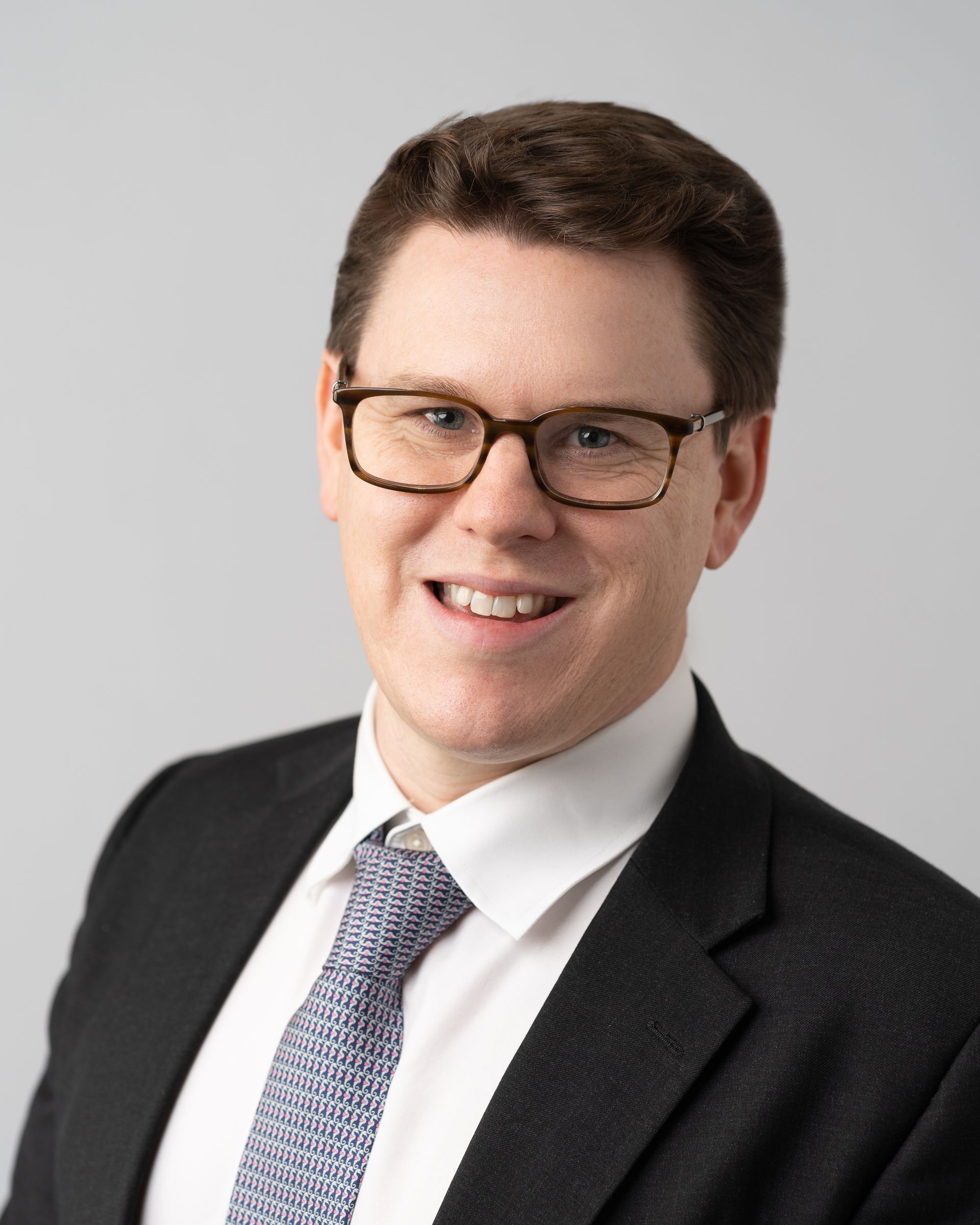
DR NEEL DESAI
MB ChB (Hons) BSc (Hons) FHEA FRCA EDRA
MRCP MRCS PG Cert Med Ed Dipl Reg Anaesth
Dr Neel Desai is one of the founders of the REAL Clinic and The Battersea Clinic. He is the REAL Consultant Anaesthetist and is expertly proficient in regional anaesthesia, that is the provision of anaesthesia leading to numbness and pain relief to a specific part of the body, and total intravenous anaesthesia, which is the type of general anaesthesia resulting in an improved recovery for you following your procedure or surgery.
Importantly, he has an outstanding reputation for providing patients with effective and safe care that is focused on them, individualising their pain relief so they remain comfortable. Neel is particularly interested in the education and training of undergraduate medical students and postgraduate trainees, and in those initiatives and recommendations which improve and safeguard the patient experience, journey and their overall safety.
He has been involved in research that strives to question how we may provide the best possible anaesthesia for our patients, and has been invited to speak on various subjects at national and international conferences.
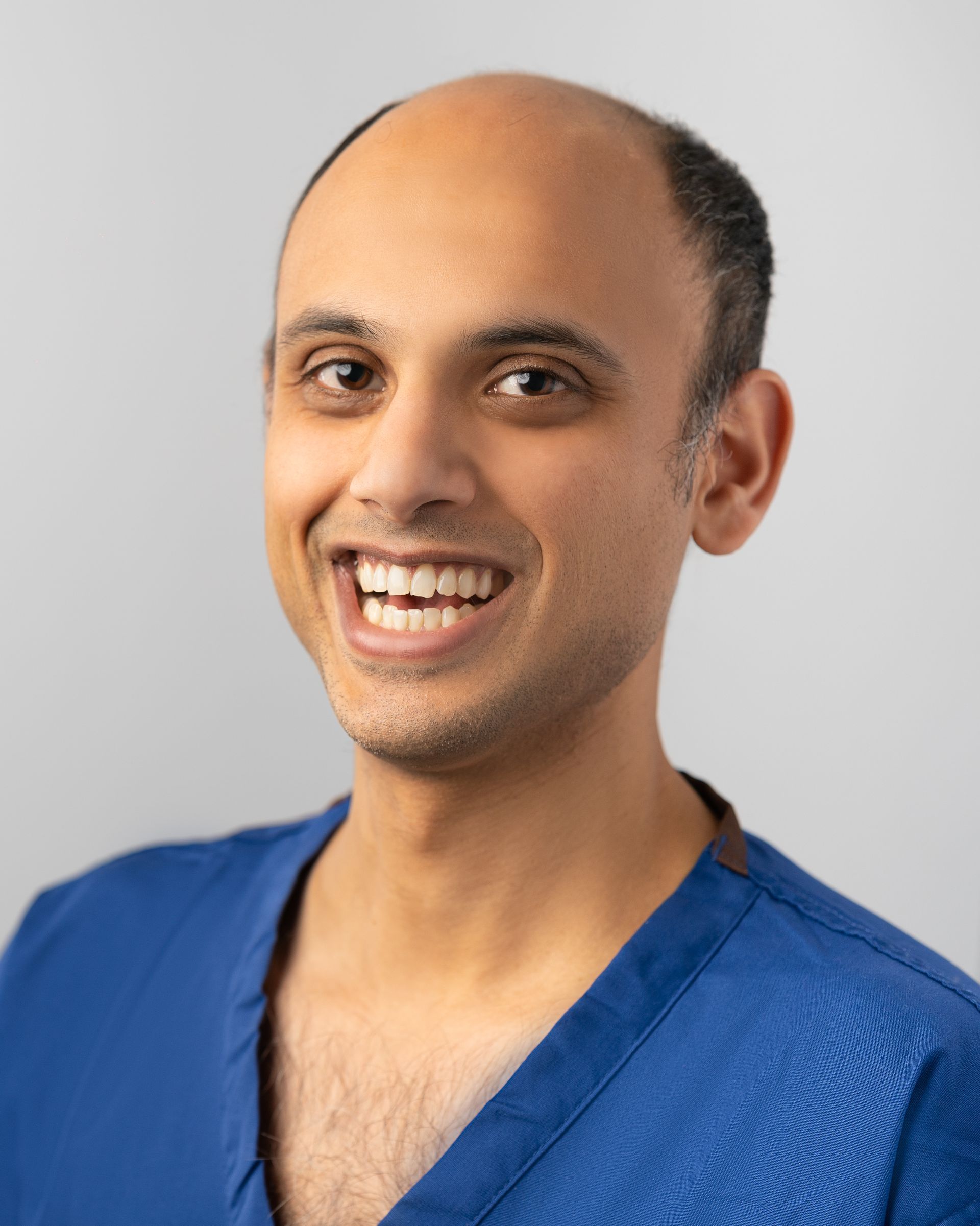
DR LARA DE LUCA MACIEL
MBBS / Msc
Lara is a fully qualified Plastic Surgeon having trained and qualified in Brazil. She has a Master’s Degree in Medical Communication skills.
She is a Titular member of the Brazilian Society of Plastic Surgery and an Active Member of the International Society of Aesthetic Plastic Surgeons (ISAPS).
Lara is registered with the GMC with a license to practice in the UK. In the last 13 years of practice she has performed a variety of plastic and reconstructive surgeries. However, her passion is for nose, eyelid and facial rejuvenation.
Lara has vast experience in non-surgical aesthetic procedures such as dermal fillers and anti-wrinkle treatments. She has always enjoyed taking care of people and providing the best standard of care that she can to all her patients.
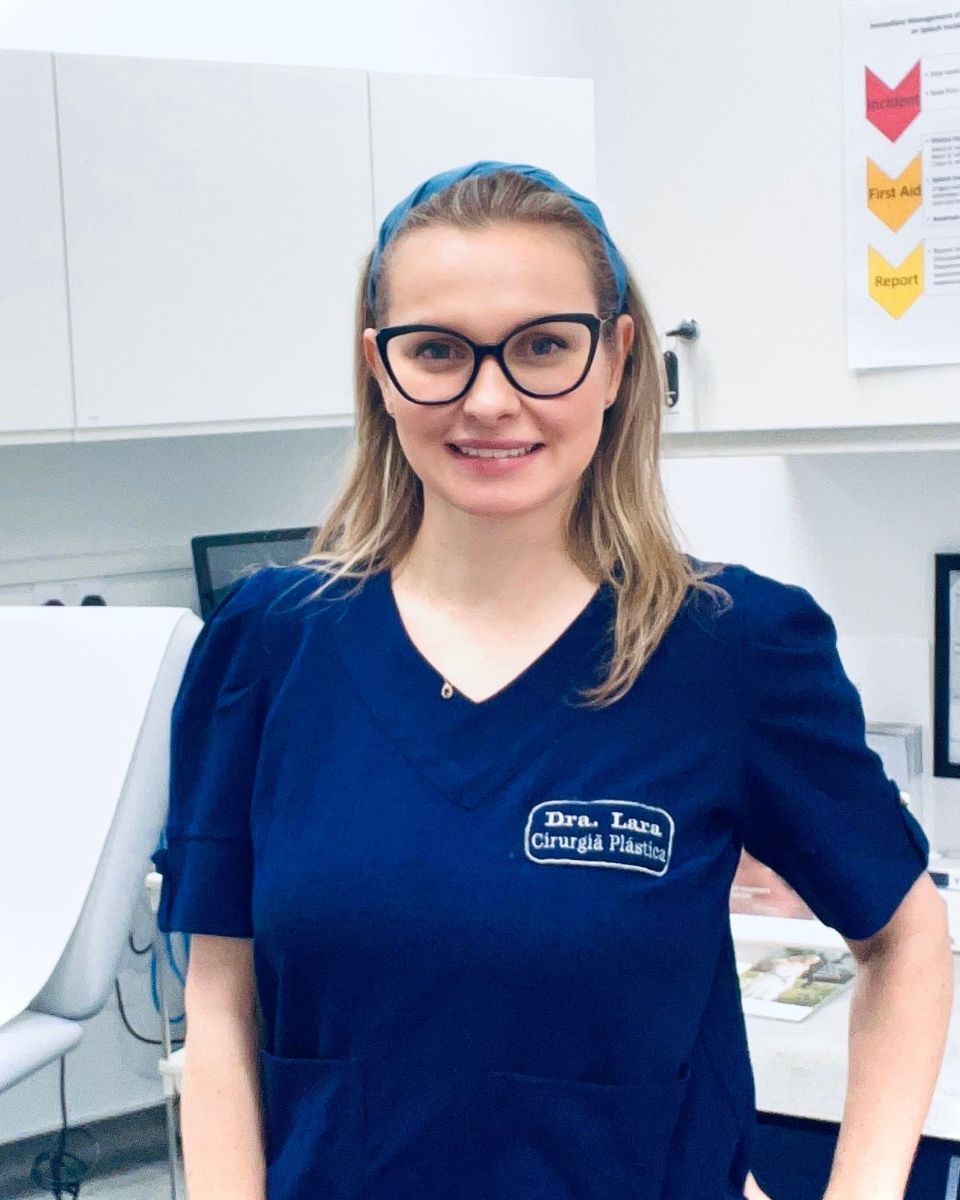
DR TONY FORDHAM
MBChb BSc
Tony Fordham graduated from the University of Nottingham with a BSc in Genetics and Biochemistry, where he studied the physiology of aging and gained insight into the biochemical changes in skin with aging.
Following this he went on to complete his medical degree, passing with merit. He is now working across London for the NHS as a specialist doctor, and has a busy Aesthetics and Skincare clinic where he loves to offer a range of treatments and advice - from simple and holistic skincare through to full facial augmentation with botulinum toxin and dermal fillers.
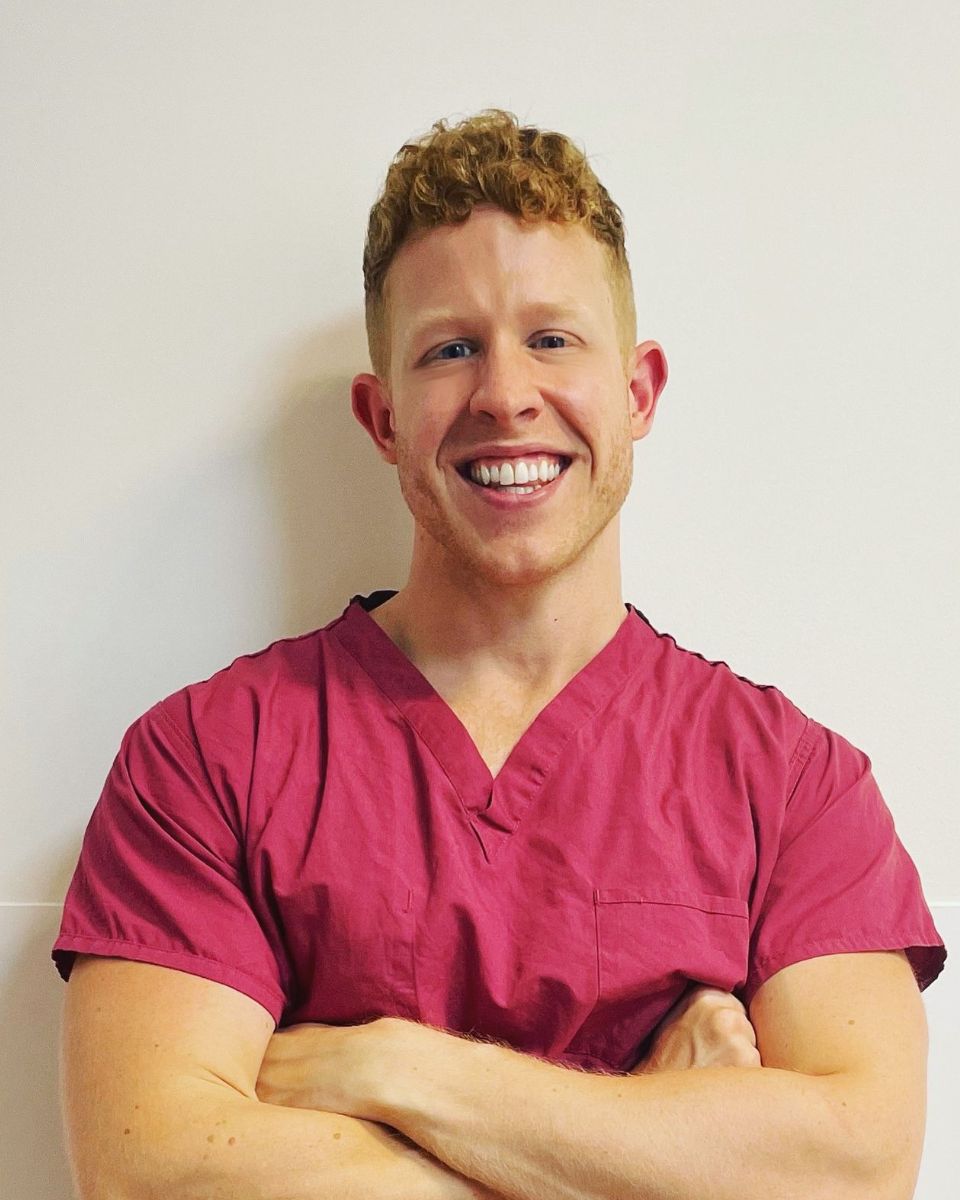
DR SARIT LESNIK OBERSTEIN
Dr Sarit Lesnik Oberstein attended medical school at the University of Leiden in the Netherlands, where she received her degree with distinction in 1992. She moved to the United Kingdom in 1993 to start her ophthalmology training. Dr Lesnik Oberstein did her full surgical training at Moorfields Eye Hospital, including training in medical retina and surgical retina at the Western eye Hospital and Moorfields Eye Hospital. Dr Lesnik Oberstein is a fellow of the Royal College of Ophthalmologists (fellowship 1996).
From 2003 to 2016 Dr Lesnik Oberstein worked in the Netherlands as a consultant ophthalmologist in one of the large teaching hospitals in Amsterdam, The Academic Medical Center. Specialising in diabetic retinopathy and surgery of the retina, Dr Lesnik Oberstein was the senior surgical consultant for 13 years before moving back to London.
Dr Lesnik Oberstein has an active career in research, completing her PhD in retinal neuroscience in 2006 (UCSB California). She has extensive experience in complex cataract surgery and all forms of surgery of the retina including floater surgery, retinal detachment, macular pucker and macular hole surgery.
Languages spoken: English, Dutch, French, German fluently. Italian and Spanish moderately
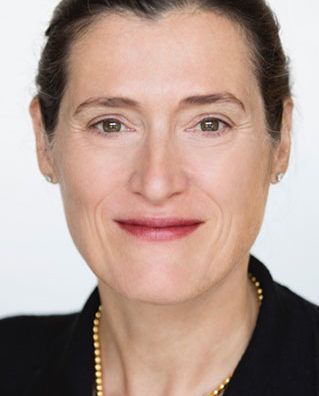
CATCH UP WITH THE LATEST FROM THE REAL BLOG



TELEPHONE:
020 3818 1889
EMAIL:
info@realclinic.uk

© REAL CLINIC 2023. ALL RIGHTS RESERVED.

